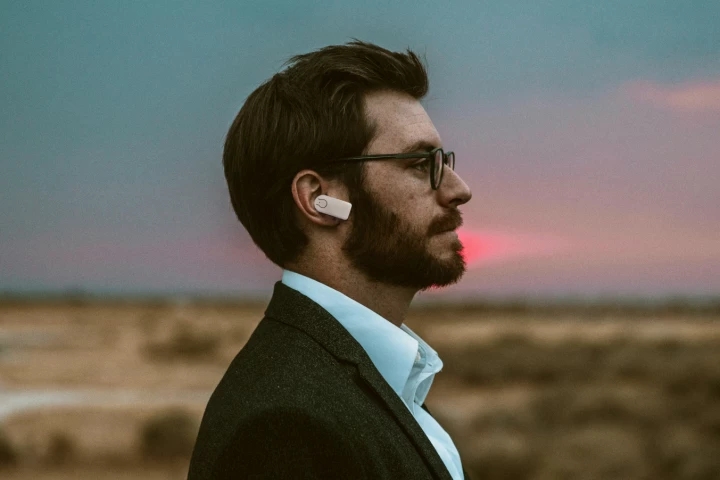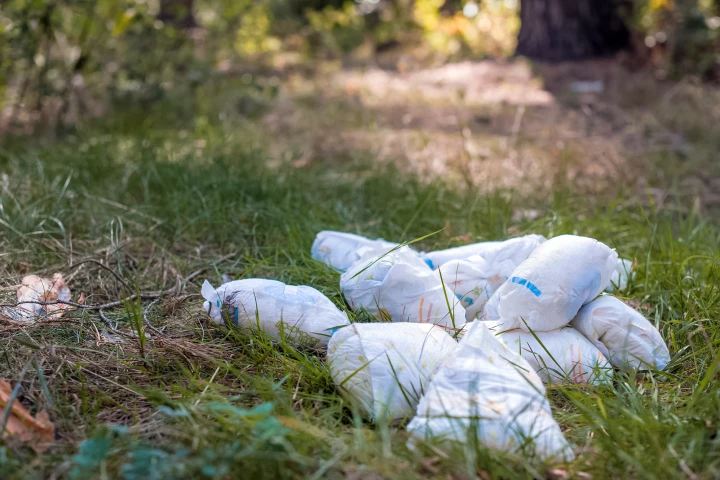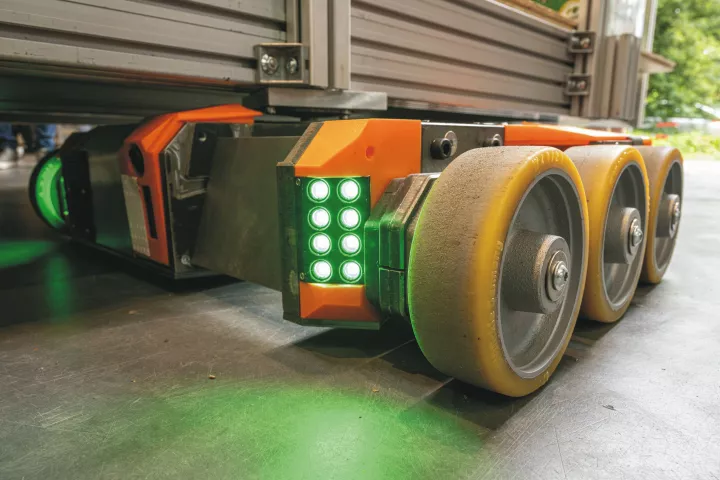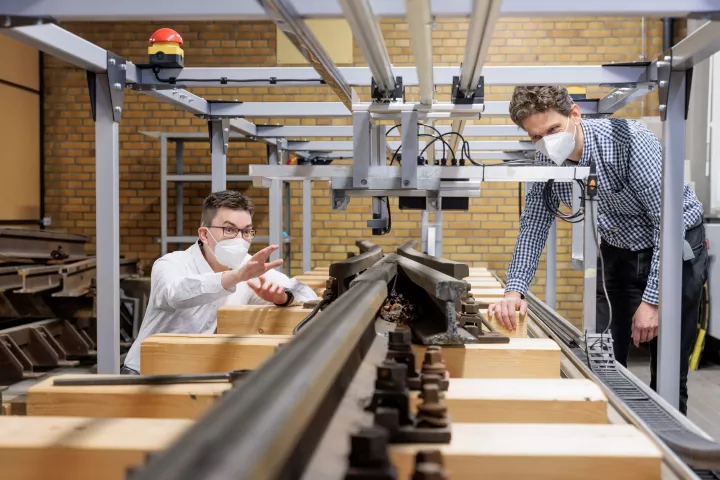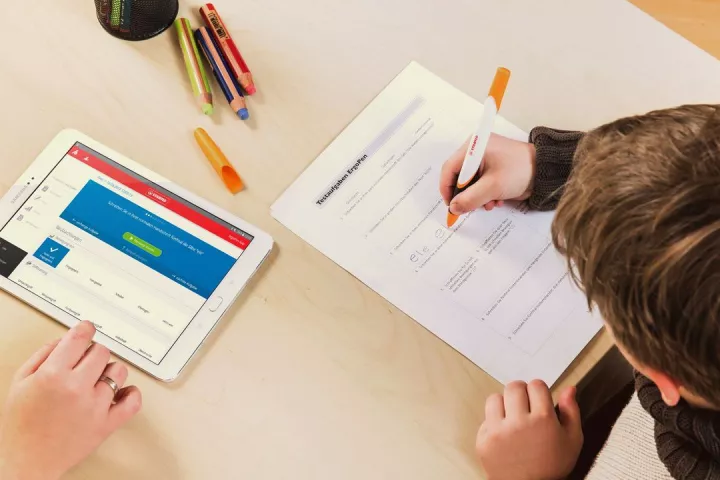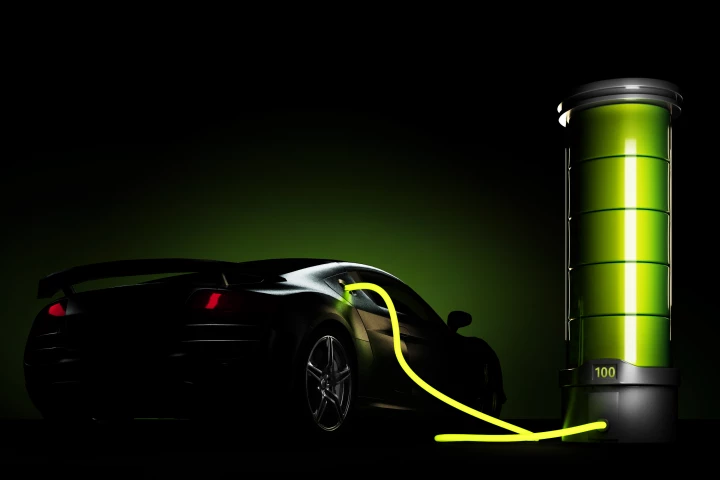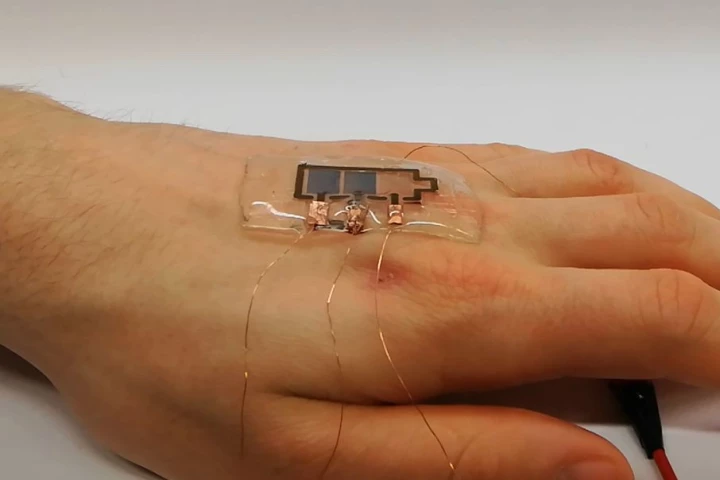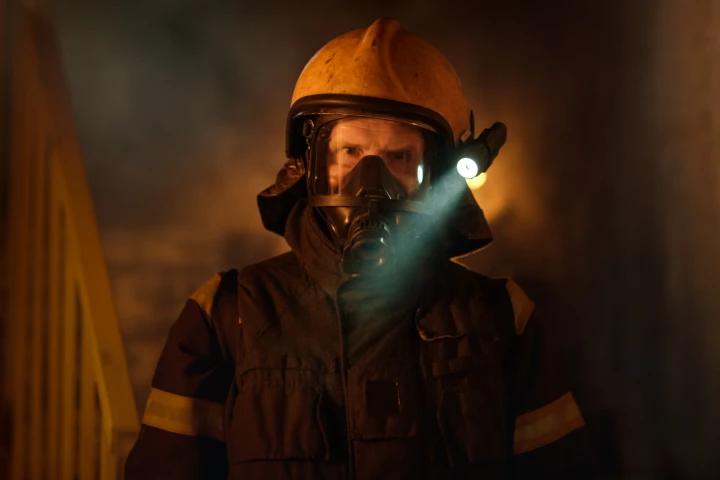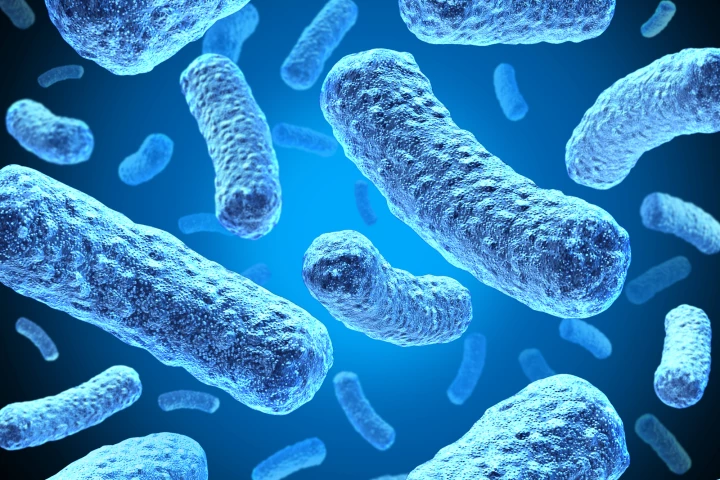Karlsruhe Institute of Technology
-
If you're gonna be inserting an object into one of your orifices anyways, why not have it check up on you while it's in there? That's exactly what the OpenEarable 2.0 earphones do, using integrated sensors to measure over 30 physiological parameters.
-
Lots of glass surfaces can brighten up a room, but it also lets in too much heat as well as neighbors’ prying eyes. A new metamaterial is not only more transparent to light, but adds privacy, cools the room inside, and automatically cleans itself.
-
Disposable diapers are a huge source of global waste, largely because they're difficult to recycle. A new process, however, could salvage the "superabsorber" polymer utilized in the liners of those diapers – and yes, even if they're soiled.
-
While forklifts do work well for lifting and moving heavy loads indoors, they're bulky (in close quarters), expensive, and can't lift loads over a certain footprint size. That's where the FORMIC robotic transportation system is designed to come in.
-
If you want to maximize the number of trains that can operate on one line simultaneously, it's crucial that you know the exact location of each train at all times. A new system is designed to help, by analyzing the magnetic properties of the rails.
-
While it would be great if teachers could spend lots of time with each of their students, the fact is that children often end up doing most of their handwriting exercises unsupervised. A new system may help address that problem, using a "smart" pen.
-
A team in Germany has just taken an important step forward in energy storage research, demonstrating a lithium-metal battery with a remarkable energy density of 560 Wh/kg and an ability to retain its performance across hundreds of cycles.
-
E-waste is a growing problem, so if an electronic component can't be reused or recycled, it should at least be biodegradable. That's where an experimental new electronic display comes in, as it can be composted when no longer needed.
-
Estonia's Skeleton Technologies and Germany's Karlsruhe Institute of Technology have partnered up to complete development on what they're calling the SuperBattery for EVs – "a groundbreaking graphene battery with a 15-second charging time."
-
If you were heading into a burning building, you'd probably want someone else to know your location within it at all times. German scientists have developed a system that's said to serve that purpose, for use by firefighters and other rescue workers.
-
Bacteria that produce their own electricity could be useful in batteries, but so far, attempts have been inefficient. A new “biohybrid” system is built around a hydrogel and can support the microbes while effectively collecting their energy.
-
One argued silver lining of rising atmospheric carbon dioxide levels is that plants will be better off. But a new study has found that the more extreme heat and drought brought on by climate change would cancel out most of the benefits for trees.
Load More
